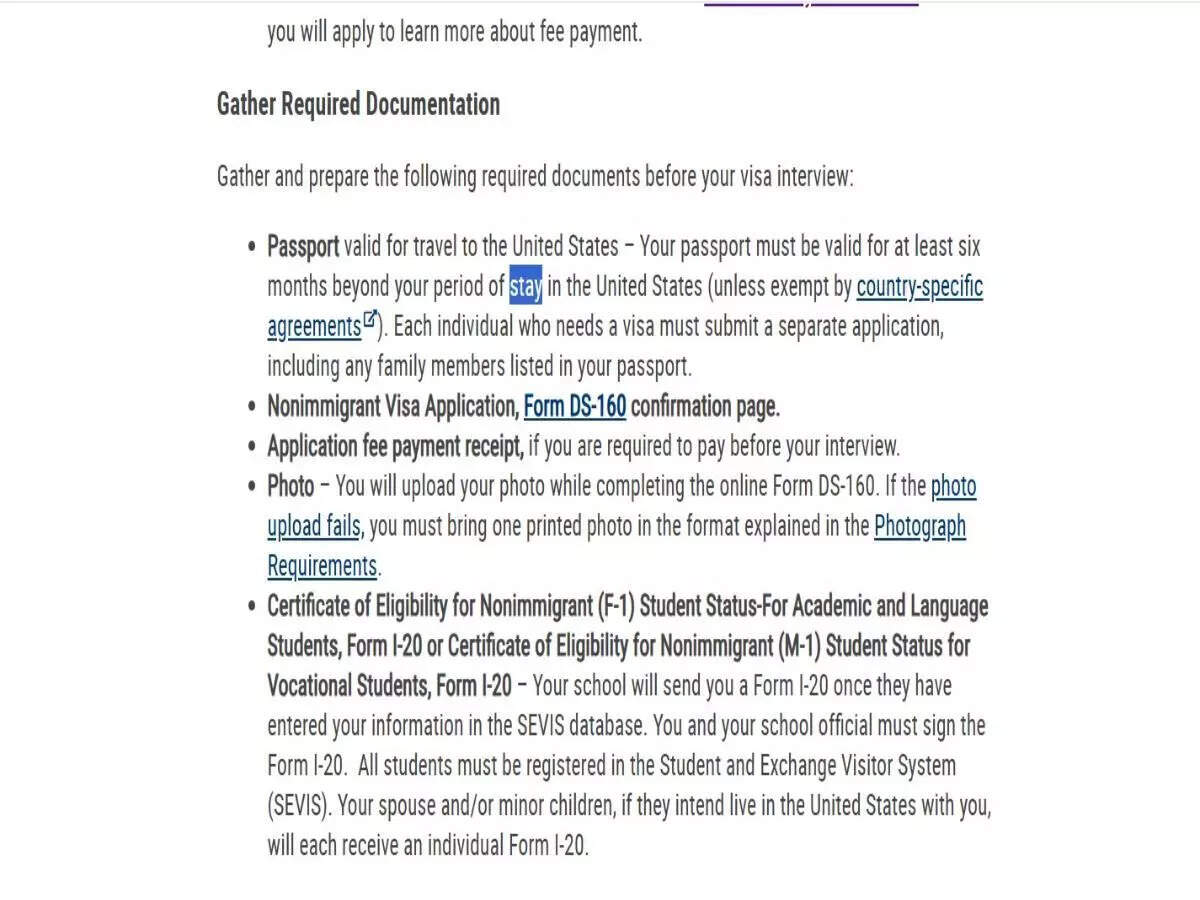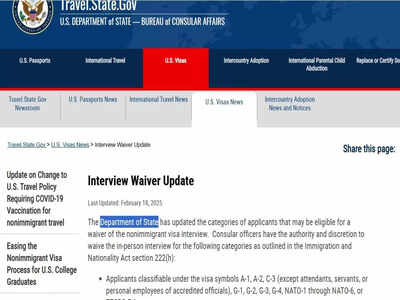U.S.is home to some reputed universities in the world and has been attracting global students for a long time now. However, in 2025 there have been some major policy shifts that have impacted the education industry as a whole. The U.S. policy makers have made a lot of changes. From making social media accounts public and pausing and resuming visa interviews to offering fixed-term eligibility under proposal, and increasing visa fees, the changes are endless and confusing too.So let’s try to understand the new changes:
Make Social Media Public
Amid several ongoing changes, the U.S. asked students wanting to study in American universities to make their social media profiles public because public persona matters. The new change was implemented from June 18, 2025. So now, applicants for F (academic), M (vocational), and J (exchange) visas should submit their social media accounts and set their accounts on public mode. The officers will check and scrutinise posts and other shared content of the applicants. This year, the federal government updated visa vetting and processing policies. Let’s have a look at why it matters and how is it going to impact students:
The new changes
The Department of State in 2025 announced the plans of expanding visa screening. It very clearly mentioned the applicants’ online presence matter to the ‘getting whole visa’ process calling it a part of consular vetting. The Department called it an “expanded screening and vetting” process. The Department of State also updated its interview-waiver guidance. It changed to which applicants may be eligible for an in-person interview waiver. The Department also narrowed categories eligible for waiver in several cases. It means that more visa applicants should expect to attend an in-person interview unless they meet the specific waiver criteria.
How will these changes impact students?
Increased documentation and strict review: The new changes mean more documentations and a strict review process. The reviewers can request more personal information. They can also look beyond transcripts and bank statements and survey the applicant’s public online history and activity. More in-person questions during the interview: With the new interview-waiver rules, applicants should expect to attend consular interviews. Expect delays. Expect changes to authorized stay: If U.S. Department of Homeland Security (DHS) finalises a fixed-term admission rule, the way students’ authorized stay is calculated would also change in future. It will affect program planning, transfers, and some employment authorizations tied to enrollment length. This is a significant move as it can change the “duration of status” system—where F visas remain valid as long as students maintain course enrollment.
What current applicants/students must keep in mind
Keep checking official sites only: The potential applicants must keep themselves updated with current changes on the official websites of the State Department, DHS/ICE (SEVP), and USCIS. These pages are for authoritative updates rather than unofficial commentary. Official pages have guidance, timelines, and eligibility rules as well. Do not trust any other website.

Keep your record clean: Now that it is mandatory to keep your social media profile open, it is necessary for applicants to keep their record clean and monitor their online presence. Also remember that officials will only believe public information and official records.Apply early and book interviews: It is important to maintain the timeline. Apply early and book interviews as there are higher chances of required in-person interviews. Schedule embassy or consulate appointments the moment you get your Form I-20 or DS-2019. Allow buffer time: Keep extra or buffer time for program completion and other administrative steps. Keep copies of all documents and paperwork.

Now that U.S. agencies are more concerned about vetting and tightening the conditions, expect delays and keep extra time and other options ready. These changes are official and mentioned on DHS/SEVP, and USCIS guidance. Keep in touch with your universities who can offer better explanations and guidance. (Official sources used here include: U.S. Department of State, Department of Homeland Security, ICE SEVP (SEVIS and program guidance), and USCIS (student classifications and employment rules).






